
18,99 €
inkl. MwSt. und vom Verlag festgesetzt.
Sofort per Download lieferbar
eBook, ePUB
24. Juli 2024
GRIN Verlag
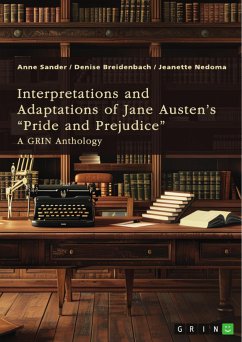
18,99 €
inkl. MwSt. und vom Verlag festgesetzt.
Sofort per Download lieferbar
eBook, PDF
24. Juli 2024
GRIN Verlag
Ähnliche Artikel
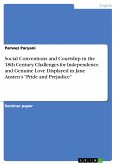
5,99 €
inkl. MwSt. und vom Verlag festgesetzt.
Sofort per Download lieferbar
eBook, PDF
16. August 2016
GRIN Publishing / GRIN Verlag

13,99 €
inkl. MwSt. und vom Verlag festgesetzt.
Sofort per Download lieferbar
eBook, ePUB
8. Mai 2018
GRIN Verlag
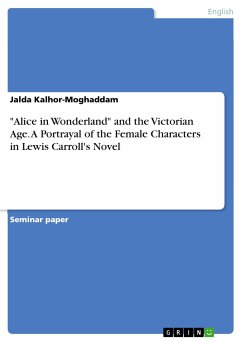
13,99 €
inkl. MwSt. und vom Verlag festgesetzt.
Sofort per Download lieferbar
eBook, ePUB
16. September 2022
GRIN Verlag
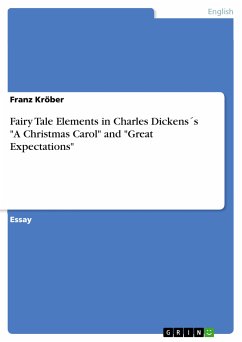
2,99 €
inkl. MwSt. und vom Verlag festgesetzt.
Sofort per Download lieferbar
eBook, ePUB
20. Februar 2012
GRIN Verlag

eBook, ePUB
18. Oktober 2024
GRIN Verlag

eBook, ePUB
25. September 2024
GRIN Verlag

13,99 €
inkl. MwSt. und vom Verlag festgesetzt.
Sofort per Download lieferbar
eBook, ePUB
29. August 2023
GRIN Verlag


18,99 €
inkl. MwSt. und vom Verlag festgesetzt.
Sofort per Download lieferbar
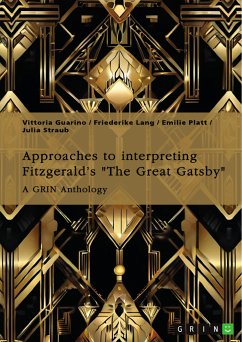
Ähnlichkeitssuche: Fact®Finder von OMIKRON
